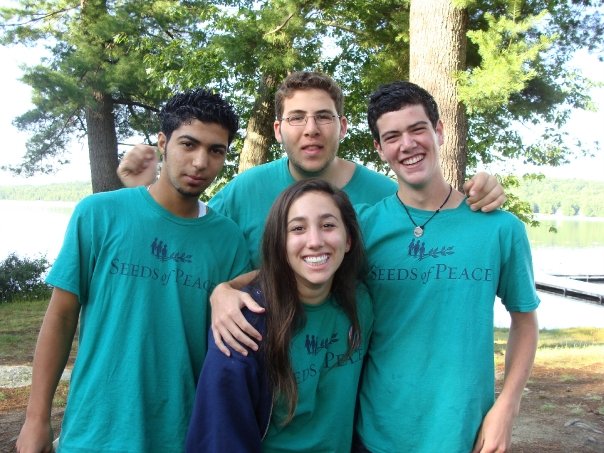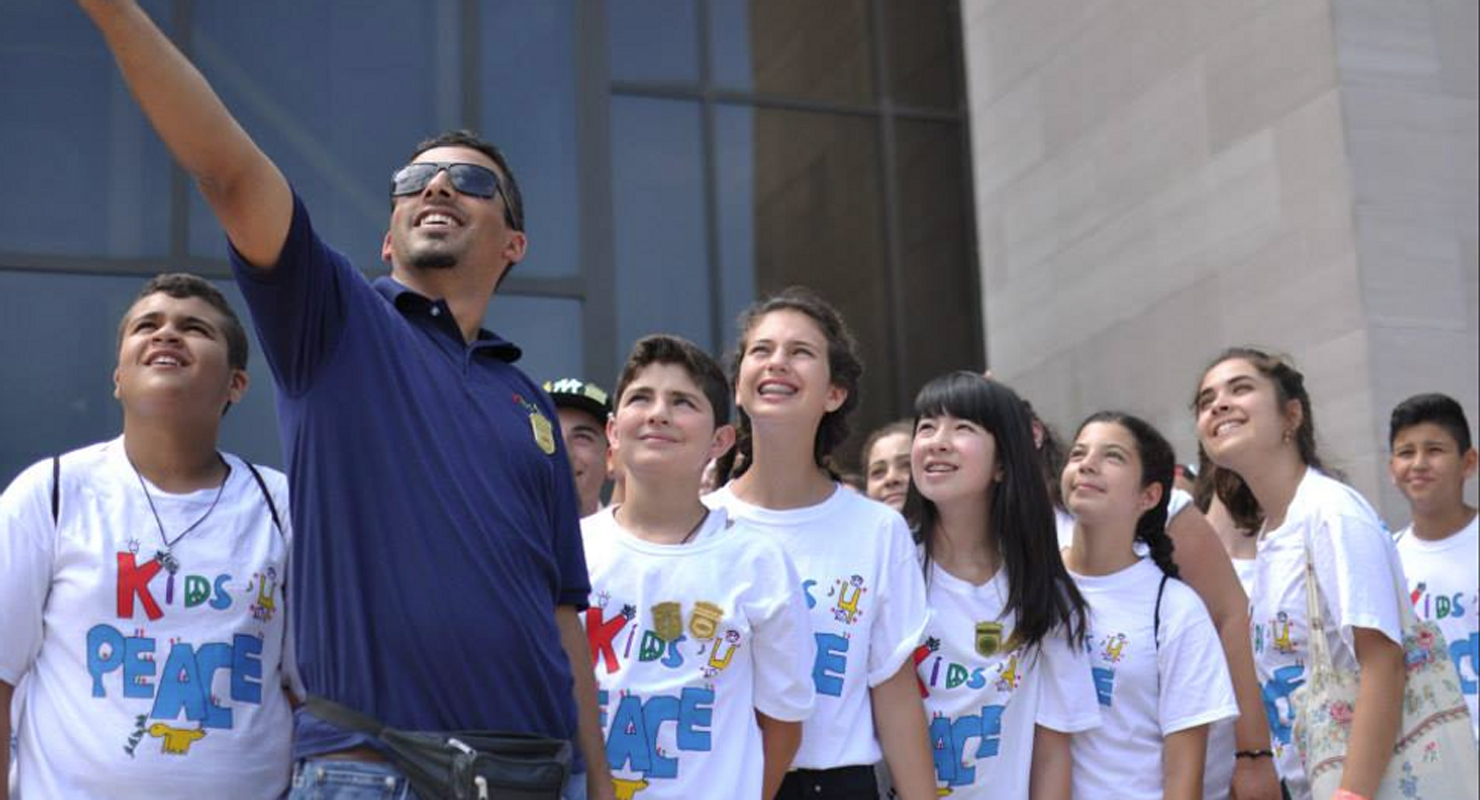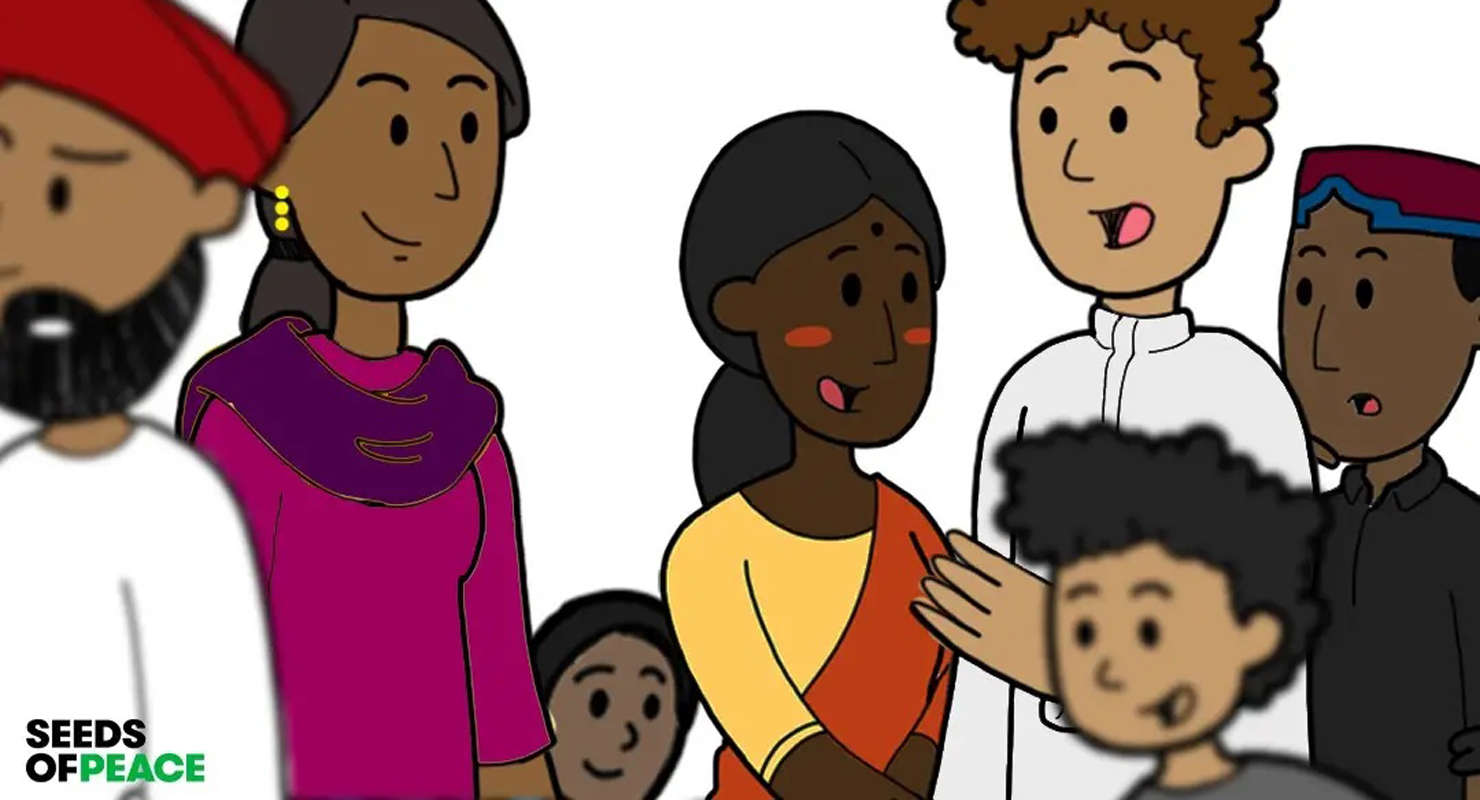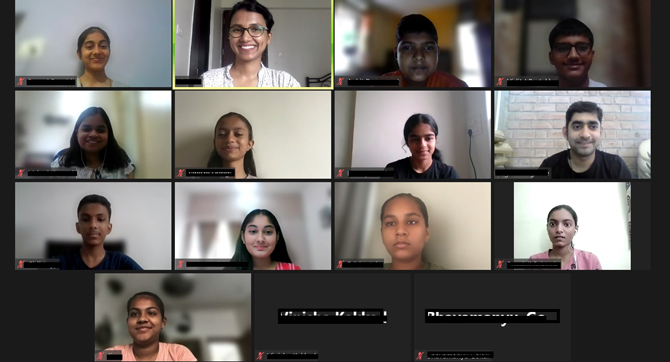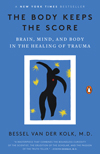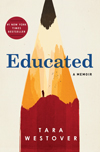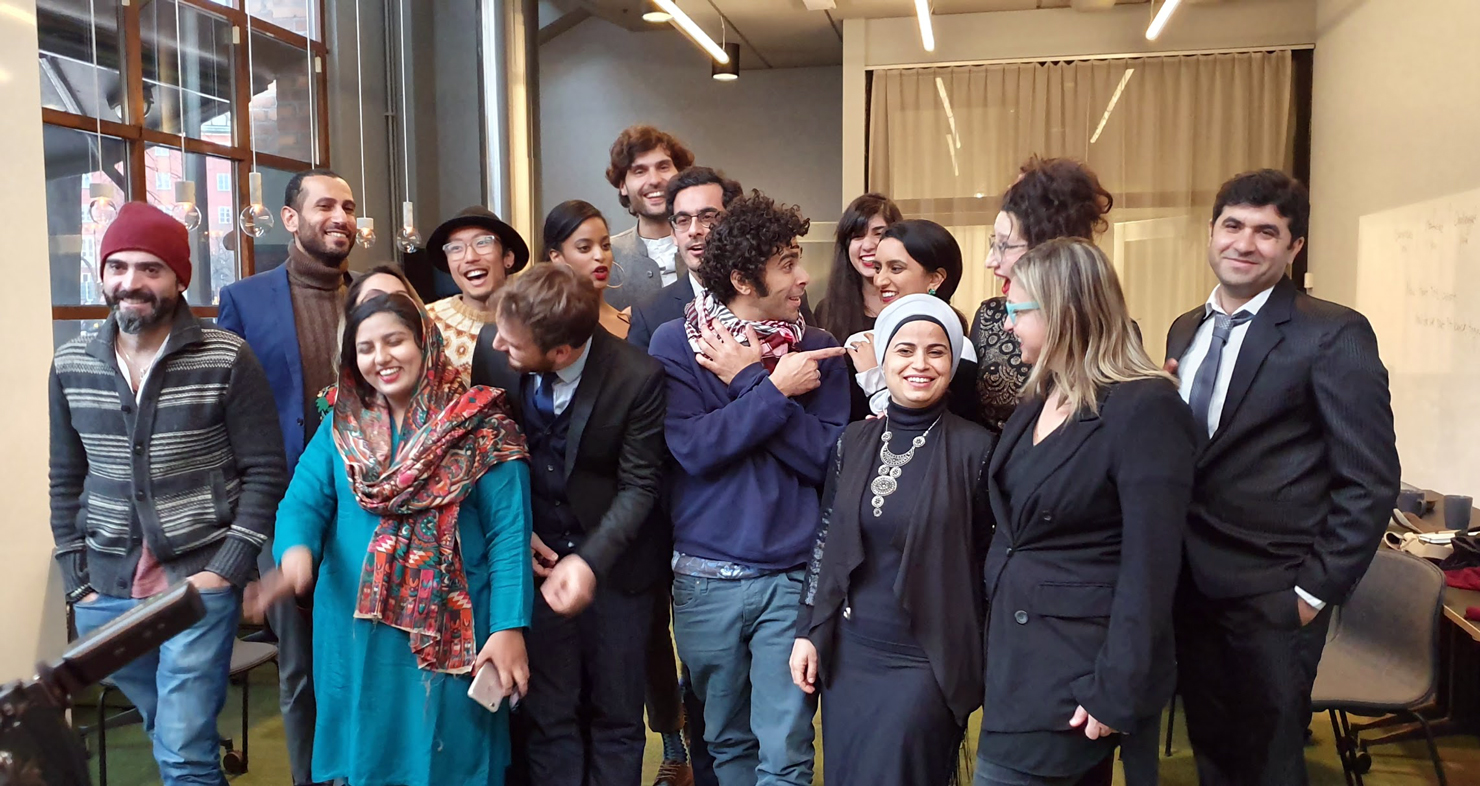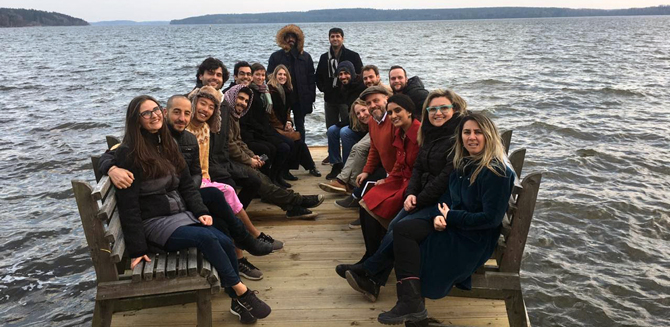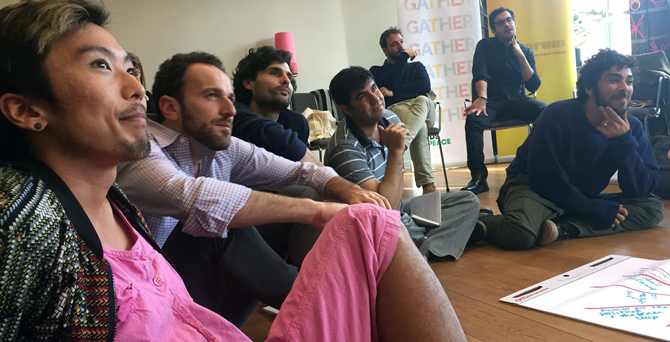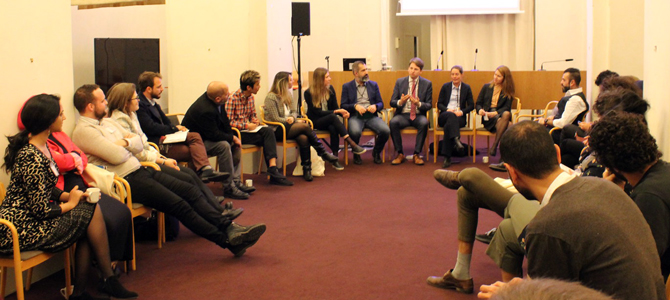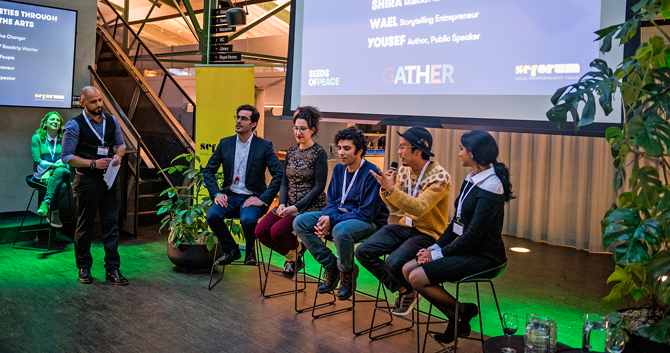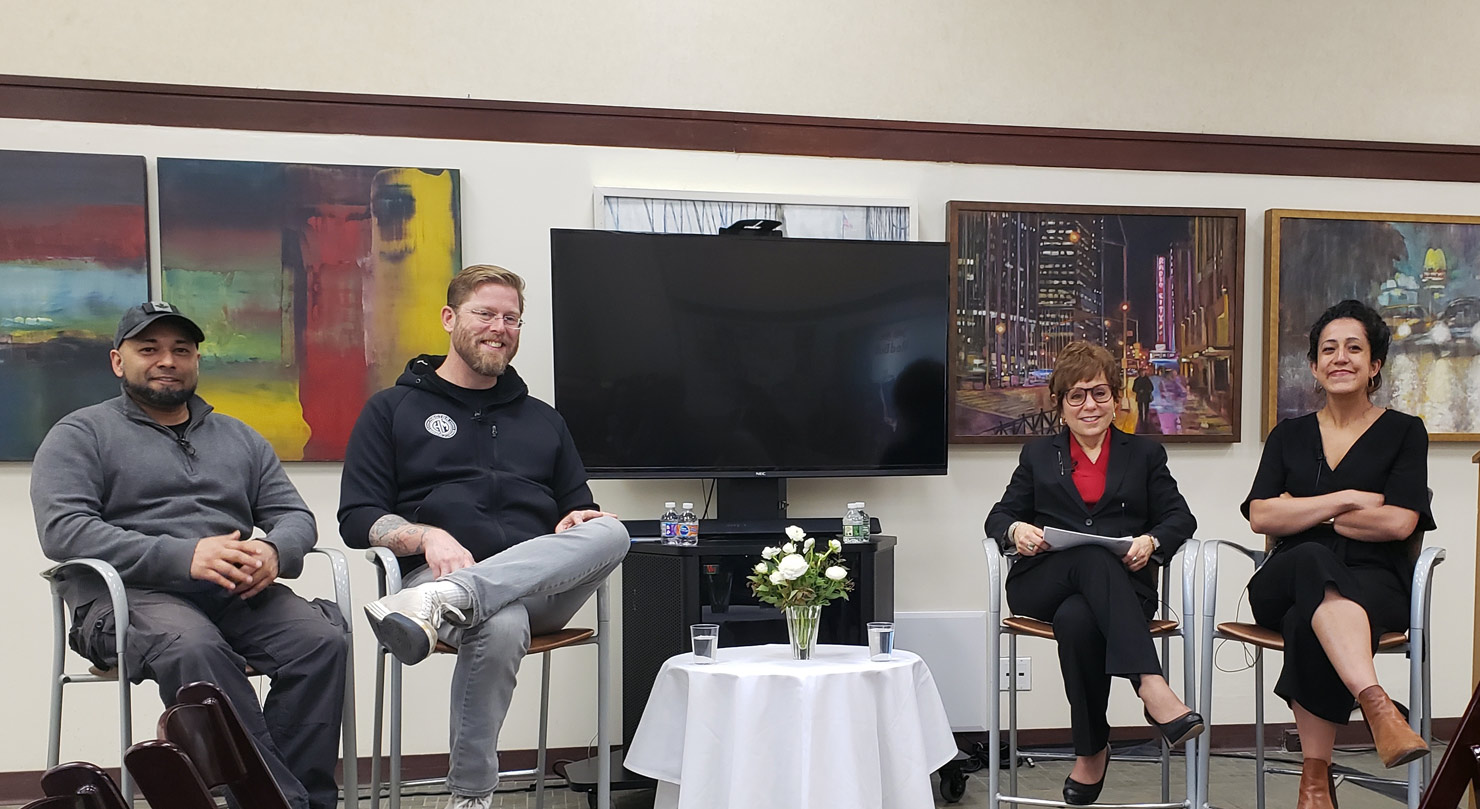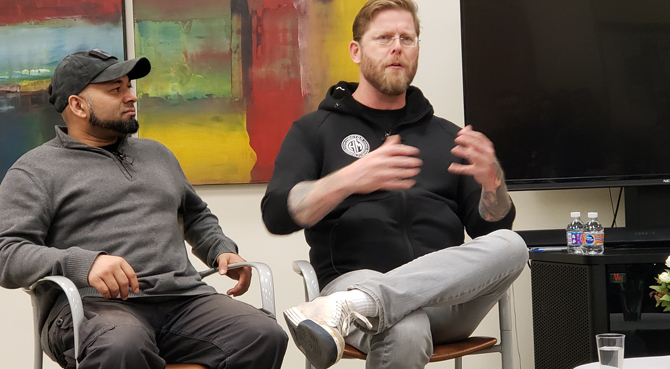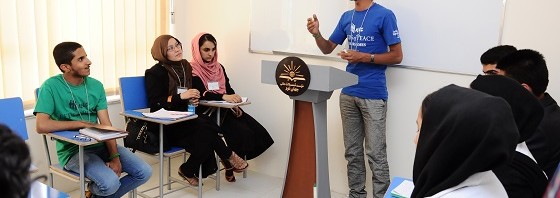As a journalist, Elisa Birnbaum has dedicated her career to telling people’s stories.
In co-founding SEE Change, the magazine of social entrepreneurship, Elisa was able to merge her two great passions—social enterprise and storytelling—to create a platform that spotlights entrepreneurial social change in communities around the world.
Since GATHER is all about in the intersection of social change, entrepreneurship, and conflict transformation, it’s no coincidence that our paths would cross—most recently with this year’s GATHER Fellows being featured in SEE Change Magazine!
We spoke with Elisa about her work as well as her new book, In the Business of Change, which highlights changemakers across the United States.
Seeds of Peace: Thanks so much for taking the time to speak with us, and congratulations on the release of In the Business of Change! To start things off, we were wondering whether you encountered any new opportunities—or challenges—you weren’t expecting while writing the book?
Elisa: Thank you. I’m excited too. I think the biggest challenge was determining which of the many, many fabulous social entrepreneurs would make the cut into the book. There are only 10 chapters and my publisher and I wanted to ensure the stories covered a range of issues, sectors, and cities across the U.S. and beyond, so I had to be a bit strict. That was tough. But I was delighted about how supportive the social enterprise community was, introducing me to inspirational folks I hadn’t yet met, embracing my work, and telling me their stories in the most honest and transparent way. It was wonderful.
Seeds of Peace: Tell us a little bit about your journey into the world of social entrepreneurship.
Elisa: I first became intrigued with the world of social entrepreneurship as a reporter in the nonprofit sector. I saw it as one of the ways organizations could become more sustainable and resilient. I immediately felt it was an important movement and one that would play a pivotal role in the future. I had also carved a niche writing business pieces as a freelance journalist and became particularly enamored with the idea of the two areas of interest merging together. I then read David Bornstein’s seminal work, How to Change the World, and my eyes were further opened to the potential of social entrepreneurship in affecting change across communities around the world.
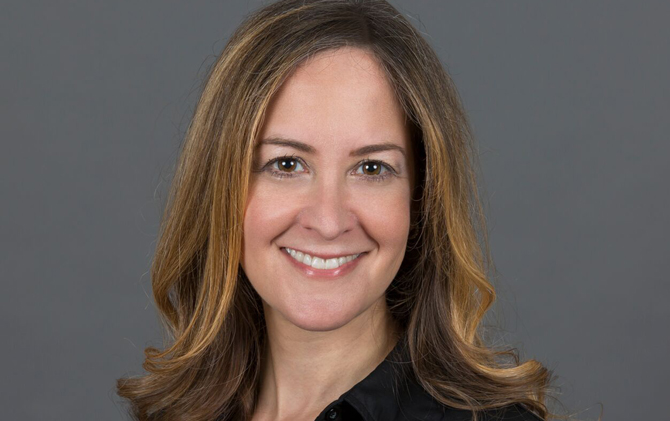
Seeds of Peace: How did SEE Change Magazine come about?
Elisa: When I tried pitching stories of social enterprise to mainstream publications, most of my ideas fell on deaf ears. This was a decade ago when these stories weren’t yet embraced as they are today. A journalist/editor colleague of mine felt the same frustration. So we decided to start our own magazine focused on social entrepreneurship, to help get these stories out and to support the field in the best way we knew how: through storytelling. We didn’t know what we were getting into, to be honest, but we just decided to give it a shot. It’s been over eight years now and the magazine is still rolling on. We have subscribers, readers, contributors, and content from all around the world and have introduced a video series as well as a podcast to the mix of content. It’s been a fun ride.
Seeds of Peace: What drew you to Seeds of Peace’s mission and work?
Elisa: I first heard about Seeds of Peace because someone on staff pitched a story about your work on the ground. We published it happily and then I started looking deeper and was blown away by the level of work that you do. It’s truly impressive. So I reached out, wanting to tell help the organization tell more of its stories in SEE Change. I’m looking forward to a greater partnership moving forward.
Seeds of Peace: What’s your No. 1 piece of advice for aspiring social entrepreneurs seeking to make impact?
Elisa: It’s so important to have a powerful social mission—so hold onto it tightly—but it’s equally important to have a viable financial/business model. Make sure you are able to juggle both, know that it won’t be easy, but that without the two working in tandem, strongly and sustainably, it’ll be that much more difficult to fulfill your mission.
Seeds of Peace: What’s next for Elisa Birnbaum?
Elisa: SEE Change has been gaining even greater momentum lately, which is exciting. The podcast, in particular, is getting a wonderful reception by listeners across the globe. And I do love telling stories in all mediums so that’s been fun. My other business–a communications consultancy for the social impact sector—is also growing nicely. And I’ve been exploring ideas for the next book. Still, I’m always open to new and exciting opportunities and partnerships. I have been approached with a few ideas … so we’ll see what happens.
We are so excited to continue deepening our partnership between SEE Change and Seeds of Peace. For now, you can read SEE Change’s writeup of our 2018 GATHER Fellows. In the Business of Change is now available at New Society Publishers.



